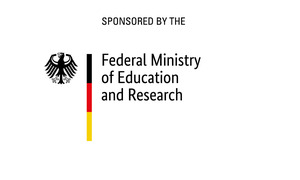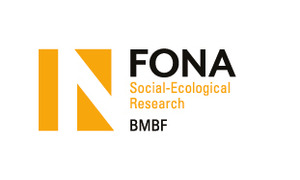The sharing economy as an emerging field is characterized by unsettled debates about its shared purpose and defining characteristics of the organizations within this field. This study draws on neo-institutional theory to explore how sharing organizations position themselves vis-à-vis such debates with regard to (1) the values these organizations publicly promote to present themselves as “good” sharing organizations and (2) the business model features they make visible to appear as having the “right” organizational model.
This study examines the online self-representations of 62 prototypical sharing organizations in Germany with regard to value propositions and business model features. A semantic network analysis of the features reveals two distinct categories of sharing organizations: grassroots initiatives and platform-based organizations. By showing how value propositions and business model features are linked in the sharing economy, the findings indicate the different legitimation strategies of grassroots initiatives and platform-based organizations, which we term “sustainability by model” and “sustainability by feature.” These findings broaden our understanding of the strategies that organizations apply to cope with societal expectations in the emerging sharing economy.
Reference:
Wruk, D., Oberg, A., Klutt, J., & Maurer, I. (2019). The Presentation of Self as Good and Right: How Value Propositions and Business Model Features are Linked in the Sharing Economy. Journal of Business Ethics, 159(4), 997–1021. https://doi.org/10.1007/s10551-019-04209-5
Further information:
Full paper download (open access): https://link.springer.com/article/10.1007/s10551-019-04209-5
About the Journal: The Journal of Business Ethics publishes only original articles from a wide variety of methodological and disciplinary perspectives concerning ethical issues related to business that bring something new or unique to the discourse in their field. Contributors examine moral aspects of systems of production, consumption, marketing, advertising, social and economic accounting, labor relations, public relations and organizational behavior. In order to promote a dialogue between the various interested groups as much as possible, papers are presented in a style relatively free of specialist jargon. https://link.springer.com/journal/10551
06/09/2019


